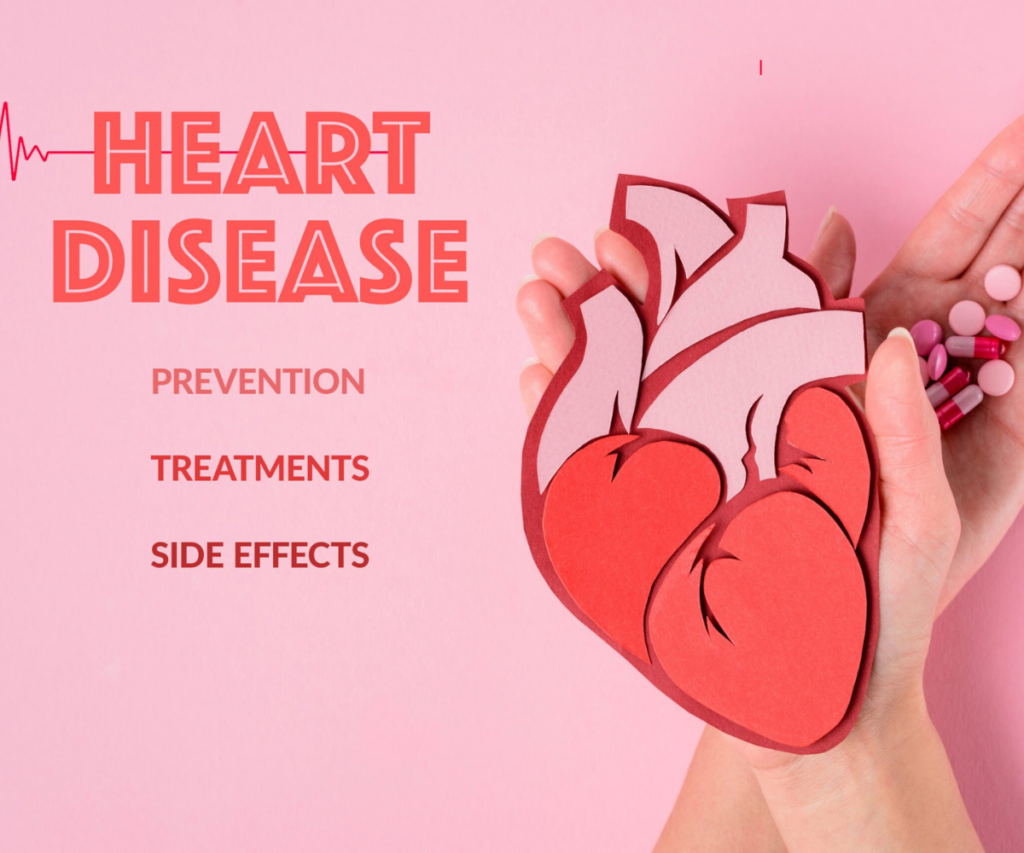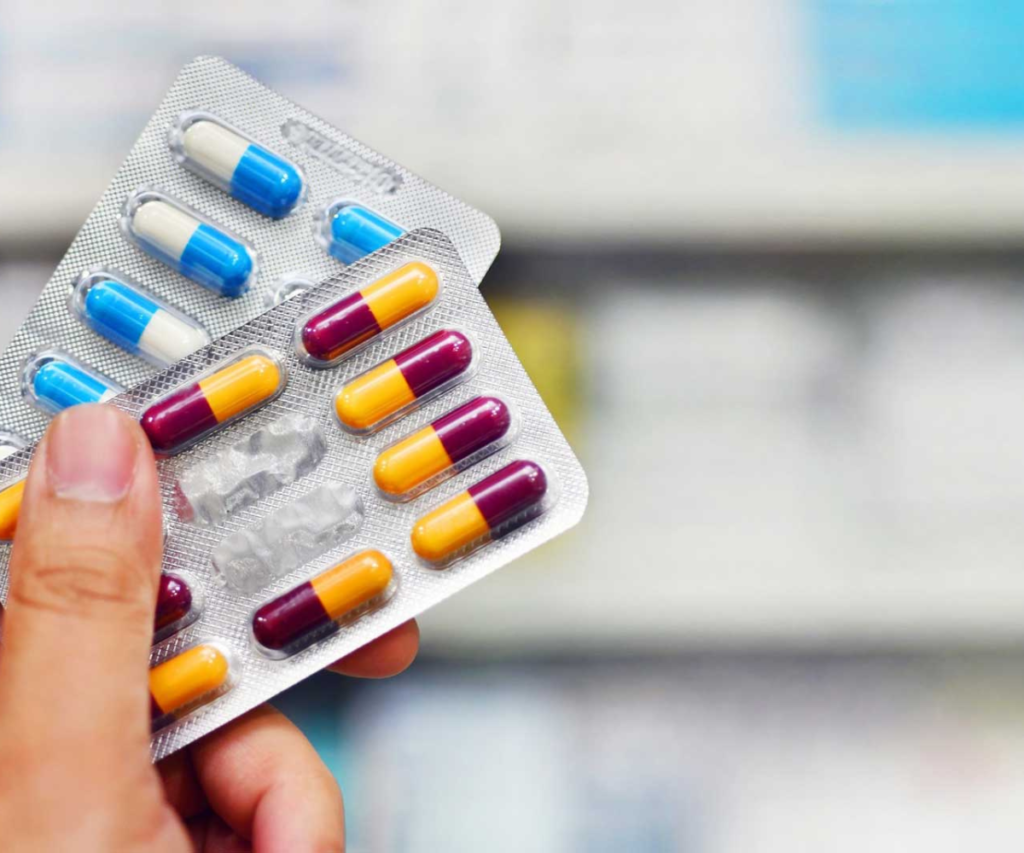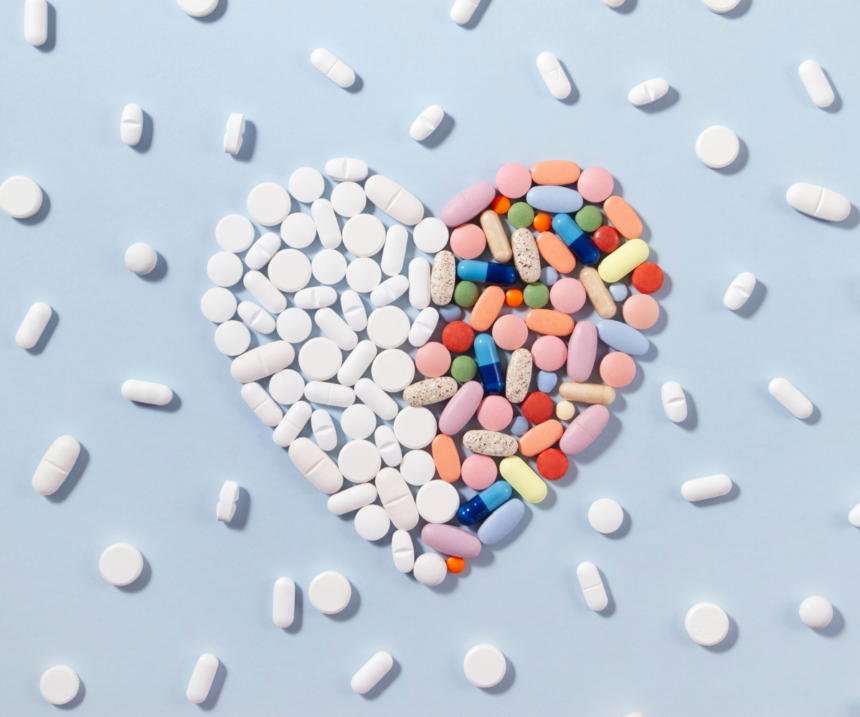Heart Disease Medication: How Cardiovascular Drugs Protect Your Heart

Heart disease medicine plays a vital role in the prevention, management, and treatment of various cardiovascular conditions. From controlling blood pressure and cholesterol to preventing blood clots and managing heart rhythm, these medicines help reduce the risk of complications such as heart attacks, strokes, and heart failure. Understanding the types of medications, their functions, and possible side effects is essential for effective treatment.
Anticoagulant Heart Medicines: Preventing Dangerous Blood Clots
Anticoagulants, commonly referred to as “blood thinners,” prevent clots from forming in the bloodstream. They are particularly useful for individuals at high risk of stroke, deep vein thrombosis, or pulmonary embolism. While they do not dissolve existing clots, they reduce the likelihood of new clots developing.
Common Anticoagulants:
- Apixaban (Eliquis)
- Dabigatran (Pradaxa)
- Edoxaban (Savaysa)
- Enoxaparin (Lovenox)
- Heparin
- Rivaroxaban (Xarelto)
- Warfarin (Coumadin)
Uses:
- Prevention of stroke in atrial fibrillation patients
- Management of deep vein thrombosis (DVT)
- Prevention of pulmonary embolism
- Prevention of recurrent heart attacks
Precautions:
Patients taking anticoagulants should monitor for unusual bleeding, bruising, and interactions with other medications or foods. Regular blood tests may be required for some drugs like warfarin.
Antiplatelet Agents: Stopping Platelets From Clumping
Antiplatelet drugs prevent platelets in the blood from sticking together, lowering the risk of clot formation. They are frequently prescribed for people with cardiovascular disease, including those who have had heart attacks or strokes.
Common Antiplatelet Medications:
- Aspirin
- Clopidogrel (Plavix)
- Prasugrel (Effient)
- Ticagrelor (Brilinta)
- Ticlopidine
Uses:
- Post-heart attack or stroke therapy
- Unstable angina management
- Peripheral artery disease prevention
- High-risk patients for cardiovascular events
Precautions:
People prone to bleeding may not be able to take antiplatelet medications. These drugs may increase the risk of gastrointestinal bleeding or hemorrhagic stroke.
Alpha-Blockers: Relaxing Blood Vessels
Alpha-blockers work by relaxing the muscles around blood vessels, lowering resistance and reducing blood pressure.
Examples:
- Doxazosin (Cardura)
- Prazosin (Minipress)
Uses:
- Hypertension management
- Raynaud’s disease treatment
- Sometimes used in heart failure
Mechanism:
These drugs block alpha-adrenergic receptors, preventing nerve signals from constricting blood vessels. This allows blood to flow more easily, lowering blood pressure and reducing strain on the heart.
Angiotensin-Converting Enzyme (ACE) Inhibitors

ACE inhibitors help relax blood vessels and improve heart efficiency. They are particularly important for patients with high blood pressure, heart failure, or diabetes.
Examples:
- Benazepril (Lotensin)
- Captopril
- Enalapril (Vasotec)
- Lisinopril (Prinivil, Zestril)
- Ramipril (Altace)
Benefits:
- Reduce blood pressure
- Improve heart function
- Protect kidneys
- Reduce workload on the heart
Mechanism:
ACE inhibitors block angiotensin II, a hormone that causes blood vessels to constrict, allowing vessels to stay open for better blood flow.
Angiotensin II Receptor Blockers (ARBs)
ARBs are alternatives to ACE inhibitors, useful when ACE inhibitors cause cough or other side effects.
Examples:
- Losartan (Cozaar)
- Valsartan (Diovan)
- Irbesartan (Avapro)
- Telmisartan (Micardis)
Benefits:
- Lower blood pressure
- Reduce heart strain
- Improve heart function in heart failure
Mechanism:
ARBs block the effect of angiotensin II directly on blood vessels, keeping them relaxed for improved blood flow and reduced cardiac workload.
Beta-Blockers: Controlling Heart Rate and Blood Pressure
Beta-blockers reduce the heart’s workload by slowing down the heartbeat and lowering blood pressure.
Examples:
- Metoprolol (Lopressor, Toprol XL)
- Atenolol (Tenormin)
- Acebutolol (Sectral)
- Nadolol (Corgard)
- Nebivolol (Bystolic)
Uses:
- Heart failure management
- Prevention of second heart attacks
- Relief of angina (chest pain)
- Treatment of arrhythmias
Mechanism:
By blocking adrenaline, beta-blockers slow the heart rate and reduce contractility, making blood flow through vessels easier and decreasing blood pressure.https://www.youtube.com/watch?v=snO6dFzS0oo
Calcium Channel Blockers (CCBs)
CCBs relax heart muscles and arteries, helping lower blood pressure and reduce chest pain.
Examples:
- Amlodipine (Norvasc)
- Diltiazem (Cardizem CD, Tiazac)
- Nifedipine (Adalat CC, Procardia XL)
- Verapamil (Calan, Verelan, Covera-HS)
Uses:
- Hypertension
- Angina
- Certain arrhythmias
Mechanism:
They block calcium from entering heart and arterial muscle cells, relaxing vessels, reducing heart rate, and improving blood flow.
Angiotensin Receptor-Neprilysin Inhibitors (ARNIs)

ARNIs are a newer class of drugs combining an ARB with a neprilysin inhibitor, improving outcomes in chronic heart failure.
Example:
- Sacubitril/valsartan (Entresto)
Benefits:
- Improve heart efficiency
- Lower blood pressure
- Reduce heart failure hospitalization
- Reduce stress on the heart
Side Effects:
- Low blood pressure
- High potassium levels
- Kidney impairment
Cholesterol-Lowering Medications
Cholesterol-lowering drugs target LDL (bad cholesterol), triglycerides, and raise HDL (good cholesterol) to reduce plaque buildup in arteries.
Types and Examples:
- Statins: Atorvastatin, Rosuvastatin
- Fibrates: Gemfibrozil (Lopid)
- Niacin: Nicotinic acid
- Bile acid resins: Cholestyramine
- Cholesterol absorption inhibitors: Ezetimibe (Zetia)
- PCSK9 inhibitors: Alirocumab (Praluent), Evolocumab (Repatha)
Benefits:
- Prevent atherosclerosis
- Reduce heart attack and stroke risk
- Improve overall cardiovascular health
Combined Alpha- and Beta-Blockers
These medications provide dual action, lowering blood pressure while reducing heart rate.
Examples:
- Carvedilol (Coreg)
- Labetalol
Digitalis Drugs
Digitalis strengthens heart contractions and helps control heart rate, useful for heart failure and arrhythmias like atrial fibrillation.
Example:
- Digoxin (Lanoxin)
Diuretics: Reducing Fluid Retention
Diuretics help remove excess water and sodium, reducing swelling and blood pressure.
Examples:
- Furosemide (Lasix)
- Bumetanide
- Hydrochlorothiazide (HCTZ)
- Spironolactone (Aldactone)
Mechanism:
They reduce blood volume, easing the heart’s workload and lowering pressure in vessels. heart disease medicine.
Selective Sinus Node Inhibitors
Target the sinoatrial node to slow heart rate in heart failure patients.
Example:
- Ivabradine (Corlanor)
Soluble Guanylate Cyclase (sGC) Stimulators
sGC stimulators relax vessels, improve cardiac output, and reduce hospitalizations in chronic heart failure.
Example:
- Vericiguat (Verquvo)
Central Acting Agents
These drugs lower blood pressure by reducing nerve impulses from the brain to blood vessels.
Example:
- Clonidine (Catapres)
Conclusion: Managing Heart Health With Medication

Heart disease medicine is critical for preventing complications, improving heart function, and enhancing quality of life. Effective treatment depends on the type of heart condition, severity, and individual patient needs. Along with medications, lifestyle changes such as a heart-healthy diet, exercise, smoking cessation, and regular medical checkups are essential. Understanding your medications, their effects, and precautions ensures better heart health and reduces the risk of severe cardiovascular events.heart disease medicine.




